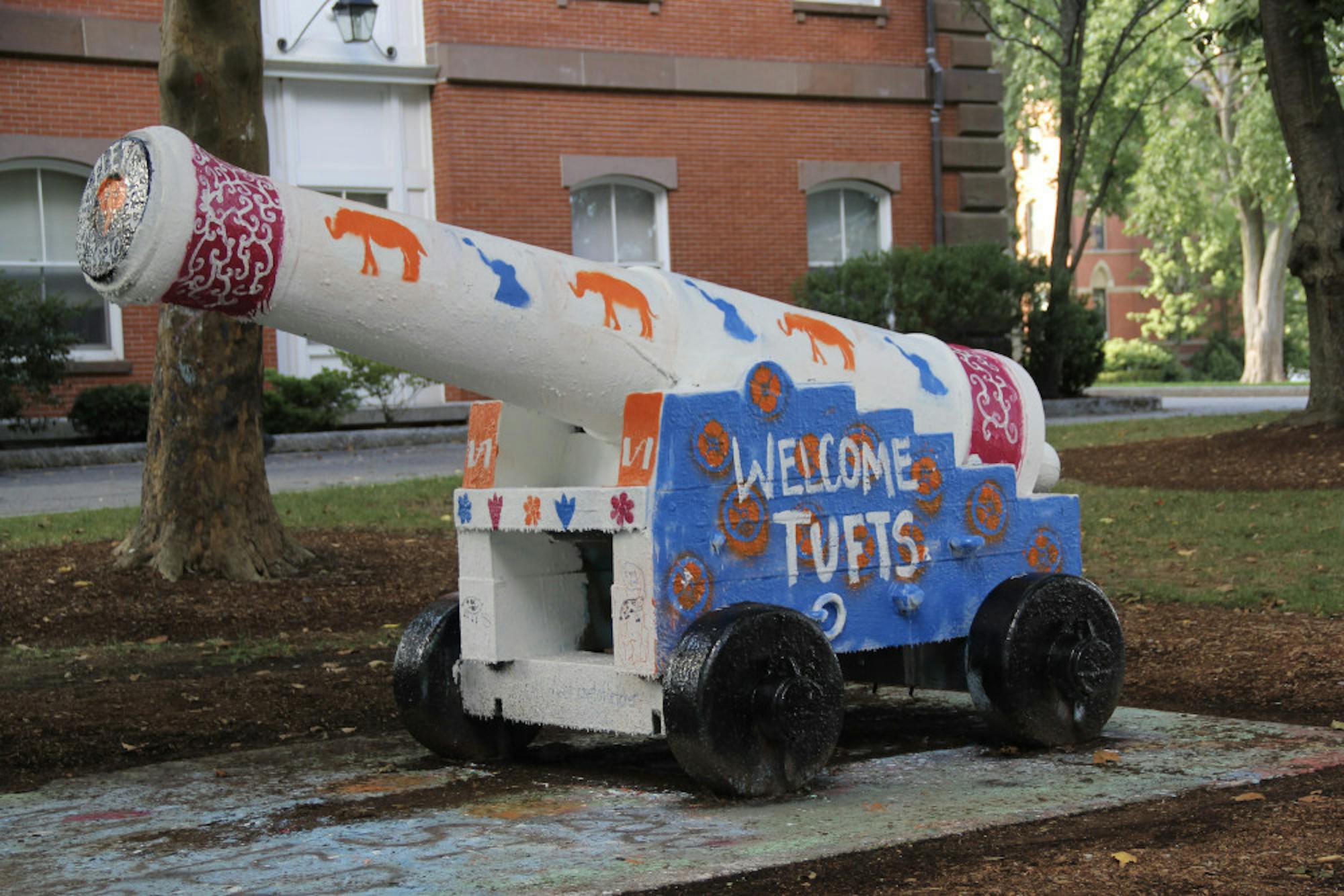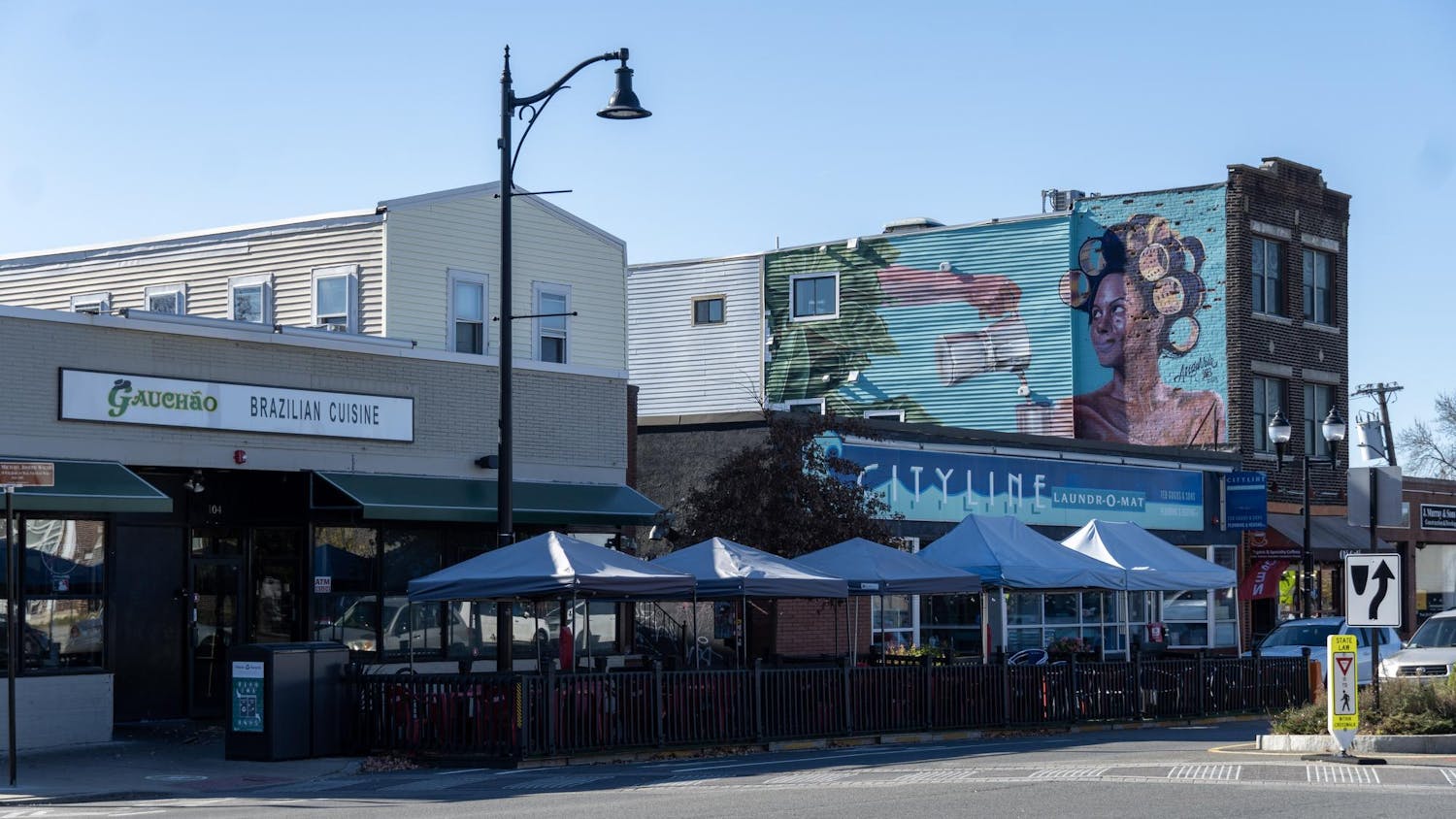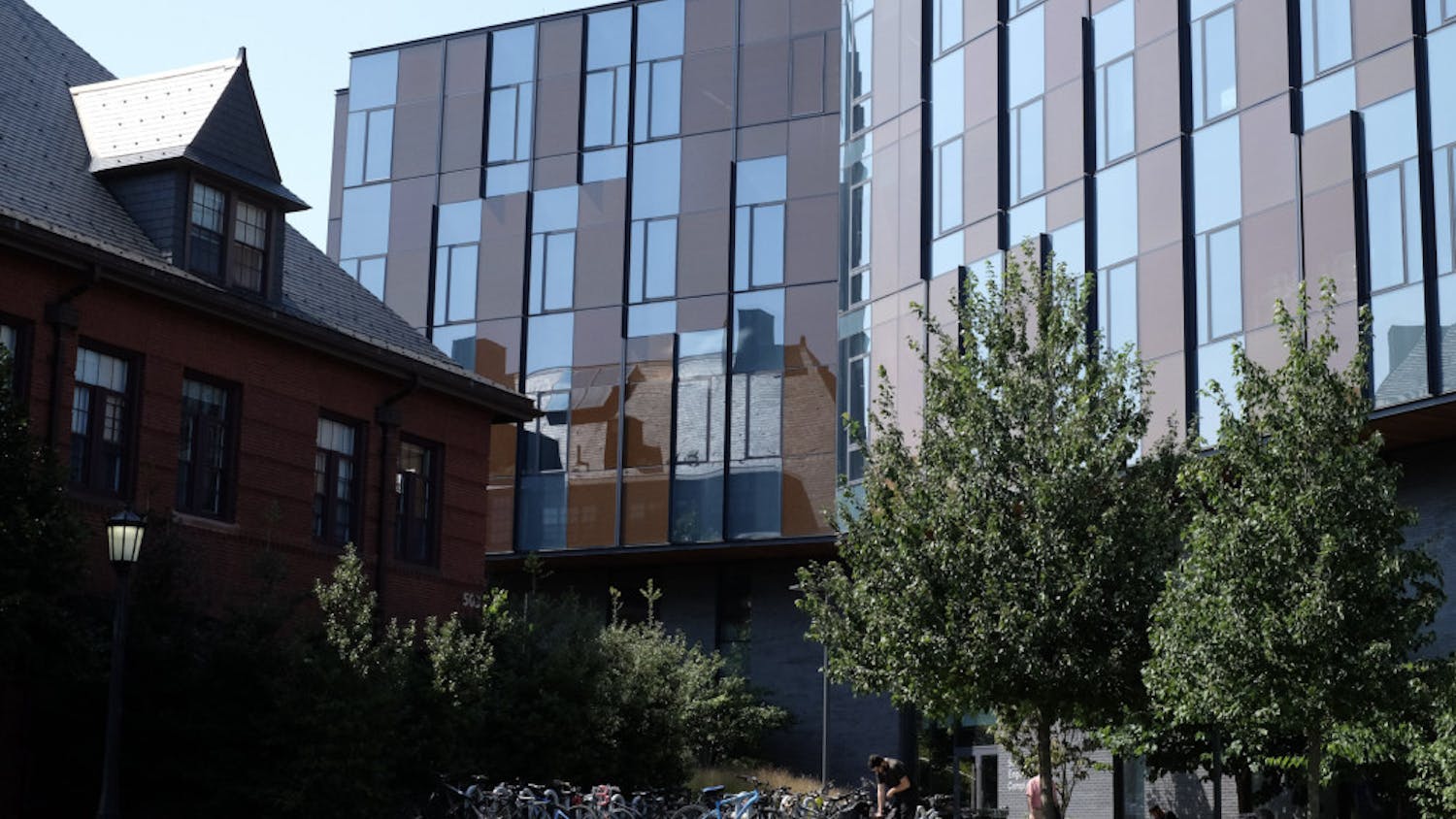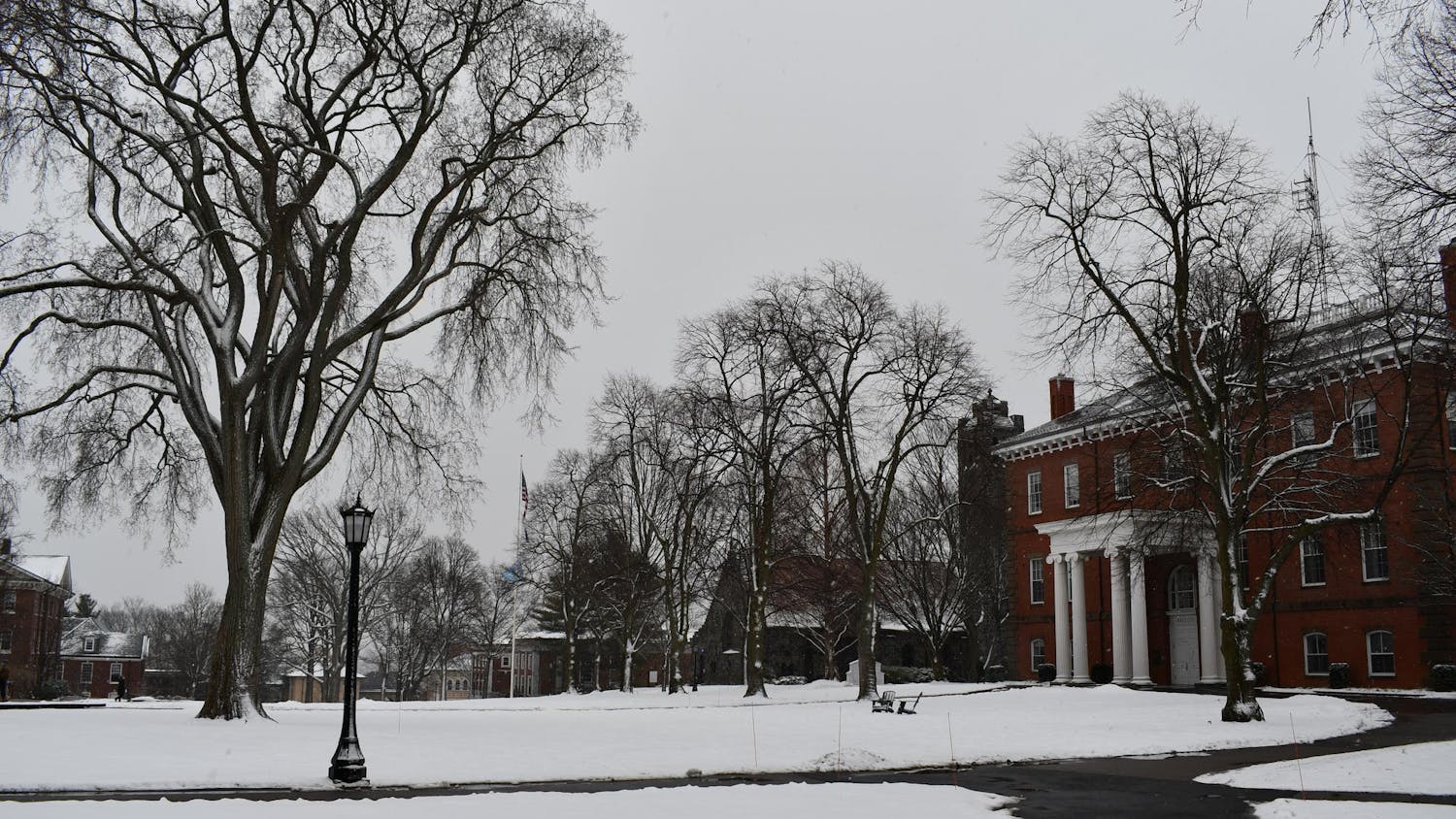As of Aug. 27, approximately 5,300 undergraduate students will be studying in person for fall 2020 and only about 735 students will be studying remotely. However, this data is likely to change through the first few weeks of the semester.
Patrick Collins, executive director of media relations, explained in an email to the Daily that about two-thirds of returning students will be living on campus and one-third of returning students will be residing off campus.
Collins also indicated that an estimated 140 first-year students are taking a gap year.
He said that it is difficult to determine the number of students who are taking leaves of absence for the semester, due to the way in which the university tracks the information, but noted that any student who chooses to study remotely or take a gap year will not be penalized for their decision.
Sophomore Mayura Thomas, who is a biology major, decided to take a leave of absence for the fall semester. Participating in in-person lab courses was a critical factor in her decision not to return to campus.
"I don't want to be going and doing [lab courses] online," she said. "Those lab skills are pretty important to me and I don't want to compromise on those skills."
Thomas plans to work at the same chemistry lab she worked at during a previous summer and expects to gain essential lab skills.
“When I told my boss that I would potentially want to work there for the rest of the year, we negotiated learning more so it was 50/50 between doing the job and getting those [lab] skills,” she said.
Thomas also expressed concern at not being guaranteed housing when she returns to campus. Collins noted, however, that the University plans to offer on-campus housing to all first-year and sophomore students who choose to return in the Spring. Further details will be released soon.
According to Collins, on-campus dorm occupancy will be 15% less this year than in a normal year. He also indicated that The Mods contain 225 beds for isolation and that an additional 84 beds have been set aside in Blakeley Hall for potential quarantine.
The Fletcher School of Law and Diplomacy will be completely remote and the Graduate School of Arts and Sciences will have a 20% reduction of on-campus graduate students, according to Collins.
Hugh Gallagher, a professor of physics and astronomy, teaches two graduate seminars and works with other faculty to coordinate the Physics 1 and Physics 11 course labs.
To adhere to social distancing guidelines, only seven students will be allowed to work in both labs, instead of the usual 14 student limit, according to Gallagher.
He explained that his courses this semester will be hybrid and that students will have the opportunity to alternate between working in person in the lab and working through Zoom, in an effort to maintain team collaboration.
“It’s hard to do a lab with a partner when you have to social distance ... we want students to be able to work collaboratively and respectfully with another student ... we still wanted to have that piece,” Gallagher said.
He added that the physics department has worked diligently to update the way in which labs are conducted and to ensure all health and safety protocols are followed. However, he recognized that some students may still prefer to do labs remotely.
"Our focus is making sure that students are having a positive educational experience," Gallagher said. "If putting themselves in that kind of environment is going to be one they’re uncomfortable with, then we’re very happy with the students to just do the labs remotely."
Sophomore Rachel Finkel will be doing the semester remotely, from home. Finkel considered that the risks associated with returning to campus outweighed the potential benefits, and was also concerned for her health.
She said she did not want to take a leave of absence for a semester to remain on track with her intended quantitative economics major. Finkel also underlined that she did not have other plans lined up for the fall in lieu of classes.
Although she recognized that the university is taking several measures to prevent the spread of the virus, she noted that there are many risks with reopening and other factors outside of the administration's control.
“I think Tufts is doing the best that they can, I mean, what else can you do besides test as often as possible?” Finkel said. “But I feel like there are so many unknowns ... that it’s very hard to keep track of everything. I wouldn’t be surprised if everyone got sent back home within a few weeks.”






